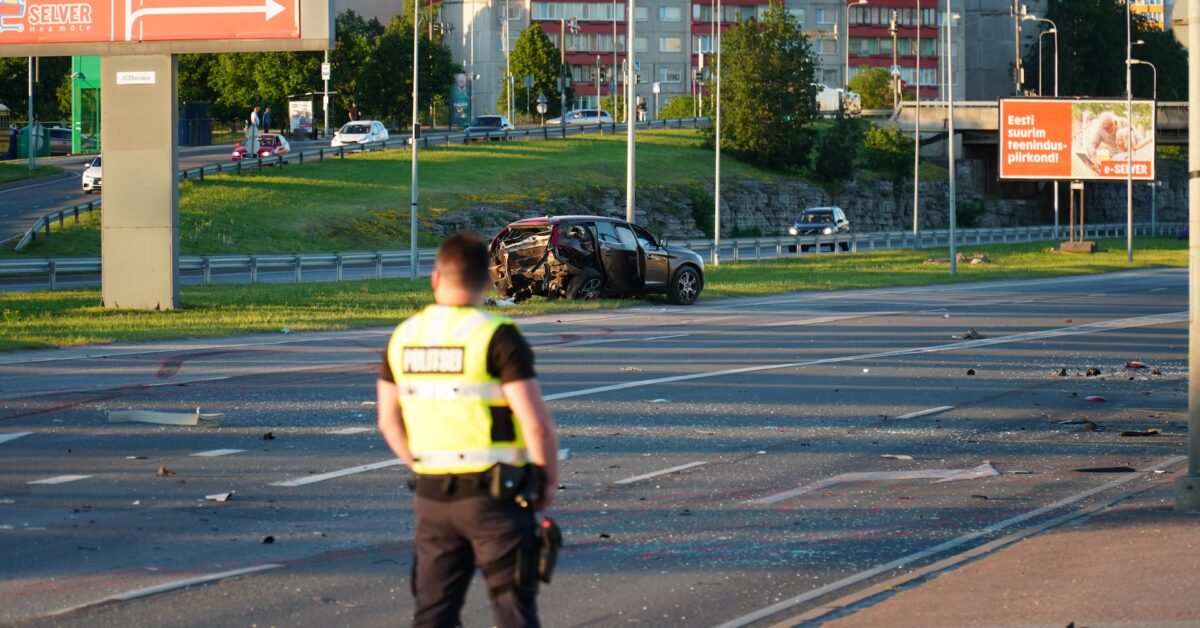It’s a terrifying moment when you get hit from behind by an uninsured driver. Their car slams into yours, leaving you with significant whiplash and substantial damage to your vehicle and property.
In states with no-fault insurance, your medical bills and lost wages will be covered by your provider, regardless of who caused the accident. However, if their assets are low, you could be left with significant losses that your insurance company can’t cover.
Damages
Damages is a general use word in the legal space referring to loss incurred after an incident, be that with a car or not. Whenever you get into a car accident, whether the other driver has insurance or not, it is essential to call the police. This will help ensure that a written report is filed that can be used to support your claim for damages. (Editor’s note: This is not a universal rule. Many municipalities will not send a police response to an accident if no injuries were reported and not serious in nature. It’s up to the driver’s to exchange information, file their reports, and make their claims thereafter.)
The officer will take down the other driver’s name and contact information. It is also essential to make sure that you write down the driver’s vehicle information, license plate number, and any other details that might be helpful.
In no-fault states, an uninsured person can usually still file an uninsured motorist claim with their insurer to cover medical expenses and some of their lost wages. However, this type of compensation does not always cover all damages.
An individual must have substantial assets to pay for all the crash-related costs. If true, you can ask the court to hold them personally liable to cover the reparations owed to you.
Medical Bills
The extent of the medical bills following an accident will depend on its severity. These costs include hospital bills, therapist or physical therapy bills, prescription drugs, and mileage to and from appointments. Your car insurance policy might have some medical payment coverage, so check your policy to see if this applies. You can file a claim with your insurer to have these expenses covered.
It’s essential to call the police and report the accident, especially if the driver knows they are underinsured or non-insured. This will help the officer get their information and write a full report for your case.
A lawyer can help you build a strong case for how the other driver was negligent in the crash and that their negligence contributed to your injuries and damages. They can help you recover the money that you deserve. They can also run credit and asset checks on the defendant to determine if they have assets that would provide adequate monetary compensation.
Property Damage
It is always a good idea to call the police after an accident, but this becomes even more important if the other driver doesn’t have insurance. With a police report, you’ll get your expenses covered.
Say you get hit from behind while stopped at a red light, causing your vehicle to be mangled and leaving you with severe whiplash. The at-fault driver looks panicked and tells you they don’t have any insurance.
You must report the crash to the authorities and ensure you get the other driver’s name, address, and contact information. Make sure to save receipts for car repairs and medical treatment related to the accident. You may recover non-economic damages and additional economic losses by showing that the at-fault party breached their duty of care. You can also pursue a claim against the manufacturer of the other driver’s car, in which case you would recover up to 20 percent of your crash-related expenses.
Liability
An uninsured driver is liable for any losses they cause to crash victims. Many experts advise against suing an uninsured driver, however, since most people who choose not to get car insurance do not have the assets or income to pay a judgment awarded to them in a lawsuit.
Instead, most experts suggest seeking reimbursement from your car insurance company under your policy’s uninsured and underinsured motorist coverage. If you file a claim, the insurance company will investigate your losses and may need to ask for documents like medical bills.
Obtaining contact information from witnesses and involved parties is always a good idea. It will help your lawyer gather evidence in the case, such as their statements about the accident and any photos or videos they can take of the scene. In addition, getting their insurance information and vehicle details is a good idea, especially if they are reluctant to provide this.

